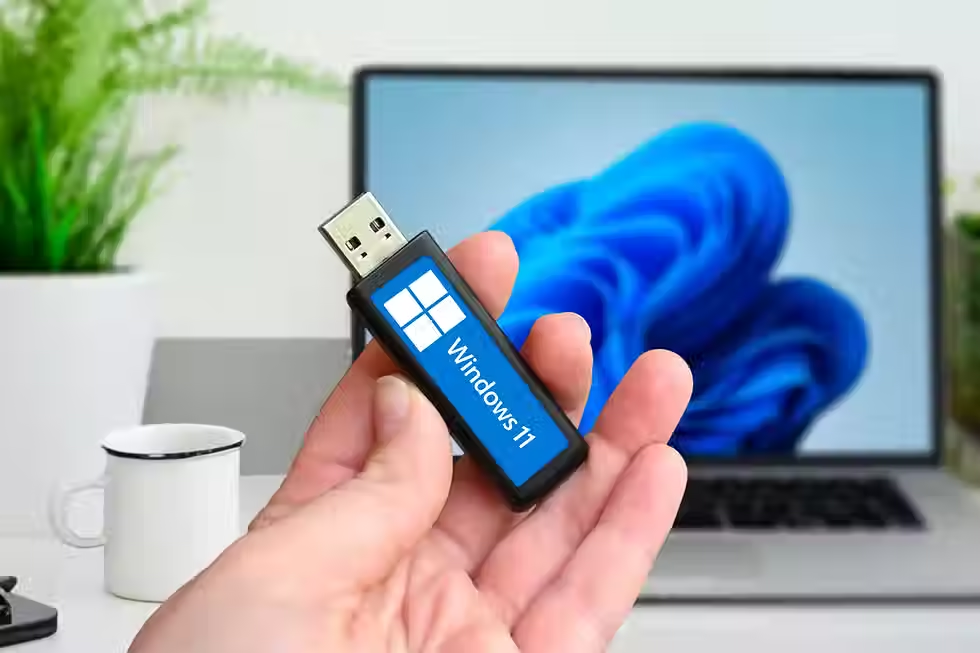STQC – A Game Changer in the Electronic Security Industry
- Sudip Kar

- Apr 9, 2025
- 2 min read
The term STQC has recently sent ripples across the CCTV and electronic security landscape. From manufacturers and distributors to dealers, installers, and system integrators—everyone is feeling its impact.

What is STQC ?
STQC stands for Standardization Testing & Quality Certification.
Who Certifies It ?
It’s issued by the Ministry of Electronics & Information Technology (MeitY), Government of India.
Which Devices Require STQC Certification ?
All devices under the Internet of Things (IoT) category, such as :
IP Cameras
DVRs / NVRs
Note : HD Analog Cameras currently do not require STQC since they don’t connect directly to the internet.
Why is STQC Critical ?
The Indian CCTV market is saturated with Chinese products, many of which pose national security concerns.
Did you know ?
Hikvision, one of the world’s largest CCTV brands, is believed to be backed by the Chinese government. While they neither confirm nor deny this, the risk of backdoor access to surveillance devices installed in sensitive Indian locations is real.
Chinese intelligence agencies are known to exercise control over domestic manufacturers, and since many IP cameras/DVRs use Chinese chipsets, there is growing concern about data breaches and surveillance vulnerabilities.
To combat this, the Indian government has made it mandatory that CCTV products used in government departments must not use Chinese chipsets.
Stay tuned – I’ll soon share a detailed post on how China exploits backdoor vulnerabilities in global surveillance tech. It’s eye-opening and long overdue.
Which Brands Have STQC-Certified Products ?
According to the official MeitY website, these brands are leading the compliance front :
SPARSH (the front-runner)
PRAMA
CP PLUS
MATRIX
What Chipsets Do These Brands Use ?
Sparsh (Samriddhi) – Ambarella (USA)
Prama – Novatek (Taiwan)
CP Plus (Aditya) – Novatek (Taiwan)
Matrix – Innofusion (Singapore & Taiwan)
How Will This Affect the CCTV Market in India ?
Govt Departments : Only STQC-certified products can be sold to or installed in government establishments or through the GeM portal.
(This explains why HD analog cameras aren’t listed on GeM.)
Private Sector (B2B/B2C) : No restrictions currently. You can continue selling and installing any brand of CCTV equipment.
Will Prices Be Affected ?
Since STQC bans the use of cheap Chinese chipsets, certified products will be more expensive.
A trusted source at Aditya shared that the new landing price of a basic CP Plus IP camera is expected to be around ₹12,750.
Meanwhile, non-STQC products are unlikely to see major price fluctuations for now.
Does STQC Affect Devices Beyond CCTV ?
Biometric devices also require STQC certification.
The good news is that many popular brands like Mantra, Secugen, and SmartChip already have several STQC-certified models available.
The Bottom Line :
If your market is private clients, business continues as usual.
If your market is government departments, either switch to STQC-compliant brands or wait for your preferred brand to get certified.
Hawk-Eye Team,





Comments